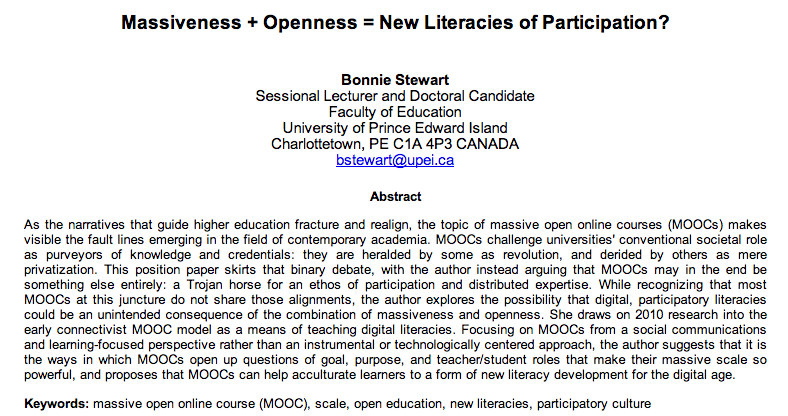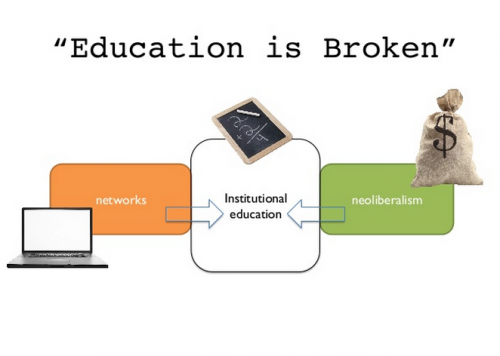(this post is cross-posted from #Antigonish2.com)
Hear ye, hear ye…
Our pop up MOOC – Engagement in a Time of Polarization (#engageMOOC) – starts…MONDAY.
It’s only two weeks long, so sign up right here STAT and feel free to dip in & out however much works for you. There will be four topics over the two week run, some video interviews with people waaay cooler than us, one core provocation or reading for each topic, and one live hangout per topic. Plus some background readings for the keen amongst us…and some Twitter chats.
Here’s the schedule. Mark your calendars. Sign up: it all goes live Monday.

We’ve been thrilled with the uptake so far and encourage anybody half-thinking about it to just…join in! You can participate via the discussion boards, OR in the open – every topic will have a challenge we post publicly. You can engage through blog or video responses and post using the hashtag #engageMOOC. Contributions to the hashtag will be gathered and shared back to participants: we’re hoping for some distributed discussion, and welcome participants to open up new channels, too, as you wish.
The Monday Feb 12th intro hangout is a provocation in and of itself…we’ll be debating “Does engagement even matter today…and why?” Sign up or watch the hashtag to view live & throw in questions. See you there. :)

